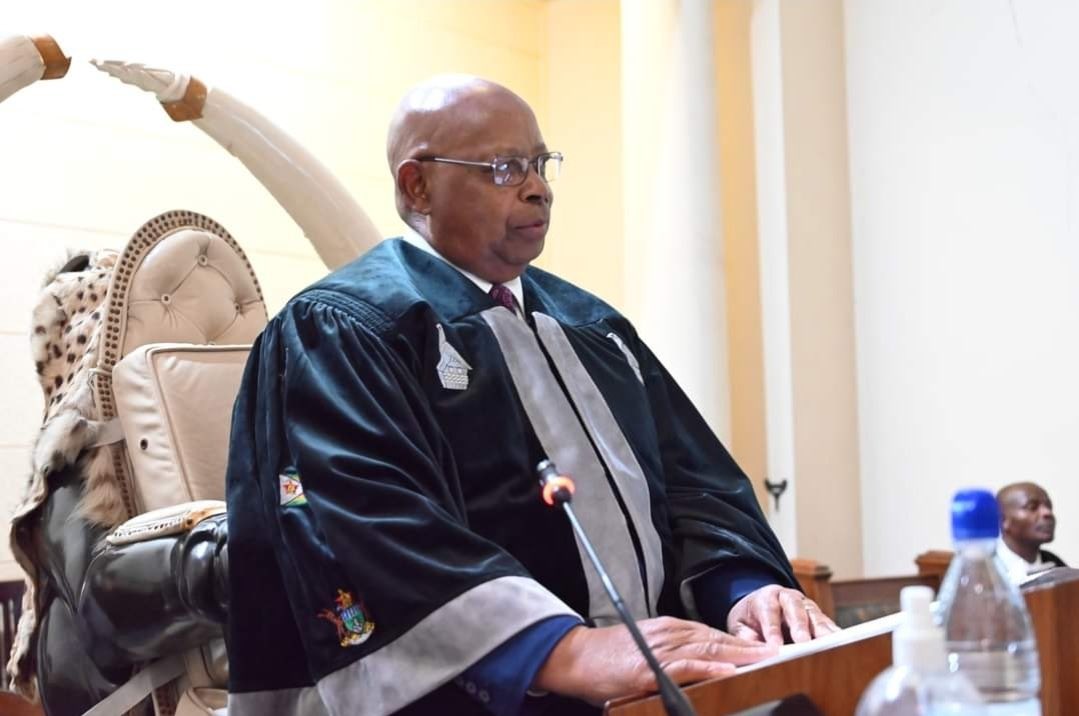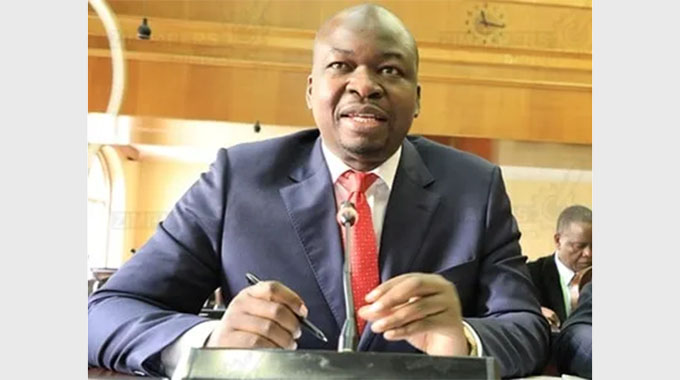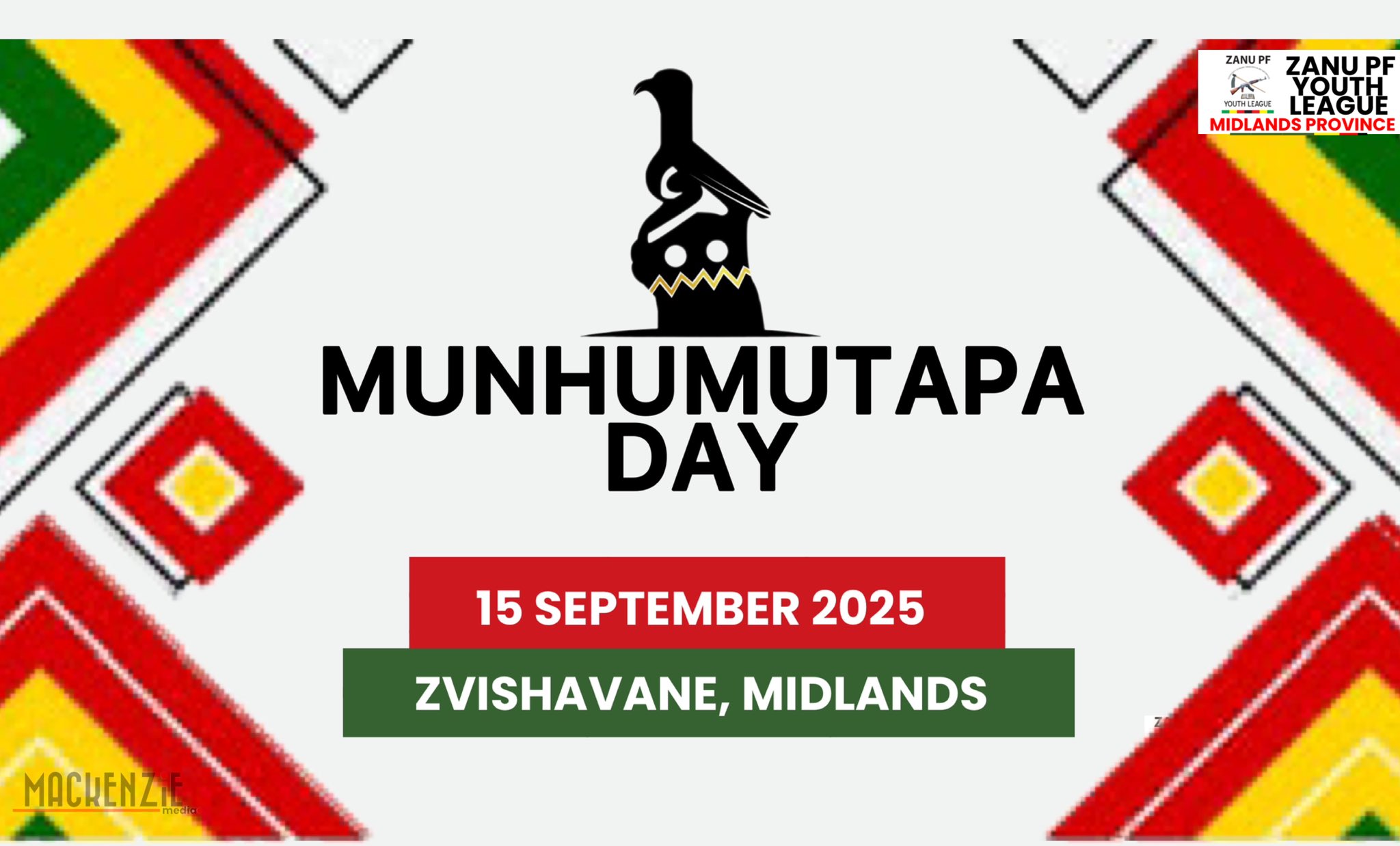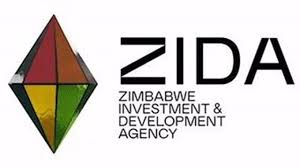The Zimbabwe Investment and Development Agency (ZIDA) has reported a record-breaking increase in new investment licences in 2024, reflecting what officials describe as growing investor confidence in the country's economic potential. According to the agency's annual report, ZIDA approved 709 new investment licences last year, a 15 percent rise from 615 recorded in 2023.
Despite this encouraging growth in the number of licences, the report reveals a paradox: the total projected investment value fell by 10 percent to US$8.63 billion, down from US$9.67 billion the previous year. The agency attributed this dip to persistent global economic pressures that continue to affect the scale of capital inflows into emerging markets such as Zimbabwe.
The Government, under the leadership of President Emmerson Mnangagwa, has pursued an aggressive reform agenda to improve the country's investment climate. Key among these reforms has been the streamlining of investment processes through ZIDA, which was created to consolidate fragmented institutions and provide a more coherent, investor-friendly interface. The implementation of the One Stop Investment Services Centre (OSISC) and the enactment of the ZIDA Act were central to this transformation, along with the president's "Zimbabwe is Open for Business" campaign aimed at repositioning the country as a competitive destination for both foreign and local investors.
ZIDA board chairman Mr Busisa Moyo praised the progress made in institutional efficiency, particularly the drastic reduction in investment licence processing times. In 2020, licences took an average of 30 days to be approved, but by December 2024, that figure had been slashed to just five days. He credited this milestone to the agency's digital transformation, notably the launch of the Do-It-Yourself Licensing Portal, which has automated most aspects of the application process.
Mr Moyo also highlighted the development of the Single Window for Investor Entry, a platform built in collaboration with the United Nations Conference on Trade and Development (UNCTAD), which further simplifies regulatory procedures for investors. He described the agency's progress as a reflection of consistent commitment and professionalism across ZIDA's staff.
Chief executive officer Mr Tafadzwa Chinamo provided further insight into sectoral performance, noting that mining continued to lead in investment interest, followed closely by the manufacturing and services sectors. He said the construction industry stood out in 2024, registering a 52 percent increase in activity, consistent with Zimbabwe's broader infrastructure development goals.
The year also saw the approval of eight Public-Private Partnership (PPP) projects worth a combined US$770 million. These included strategic undertakings in energy, transportation, and mining. Among the high-profile projects approved were the US$263 million rehabilitation of the Harare-Nyamapanda Road and a US$67 million upgrade of the Chirundu Border Post.
However, the report was candid about areas of concern. Renewals of existing licences dropped by 57 percent to 177, while reinvestment by existing investors plummeted by 66 percent to US$402 million. Despite the downturn in reinvestment, the agency reported strong employment growth in several sectors, particularly in manufacturing and mining. In the fourth quarter alone, the manufacturing sector employed 1,455 local and 54 foreign workers, while mining created 1,676 local and 117 foreign jobs. The construction sector, spurred by infrastructure projects, also showed notable employment gains, hiring 663 local and 169 foreign workers. Conversely, the services sector recorded a decline in employment after an initially strong start to the year.
Progress was also recorded in Special Economic Zones (SEZs), where key investment pledges were made. These include US$800 million committed to energy and metallurgical infrastructure at the Palm River SEZ and US$7.5 million for the construction of a cricket stadium in Masuwe near Victoria Falls.
Yet, the ZIDA report flagged enduring structural challenges. A significant number of operational projects—44 percent—reported unreliable electricity supply as a major hindrance to operations. Exchange-rate volatility also remained a key concern for many investors, although the agency noted that greater stability had been achieved following the introduction of Zimbabwe's new gold-backed currency, the ZiG.
In response to these issues, Mr Chinamo pledged enhanced investor aftercare initiatives to tackle operational challenges and improve investor retention. He emphasised that while progress has been made, sustained efforts are required to fully realise the benefits of the investment inflows and position Zimbabwe as a dependable and attractive investment destination.
- The Herald
 Rain reprieve for Sadc region
Rain reprieve for Sadc region  ZEP holders face renewed uncertainty
ZEP holders face renewed uncertainty  India dumps US Treasury bills
India dumps US Treasury bills  ZSE and VFEX recover after weak 1st half
ZSE and VFEX recover after weak 1st half  Gold edges up as traders await guidance
Gold edges up as traders await guidance  Zeco returns to profit on revenue surge
Zeco returns to profit on revenue surge  Young Investment Professional (YIP) Graduate Programme 2019
Young Investment Professional (YIP) Graduate Programme 2019 











 Young Investment Professional (YIP) Graduate Programme 2019
Young Investment Professional (YIP) Graduate Programme 2019
Editor's Pick